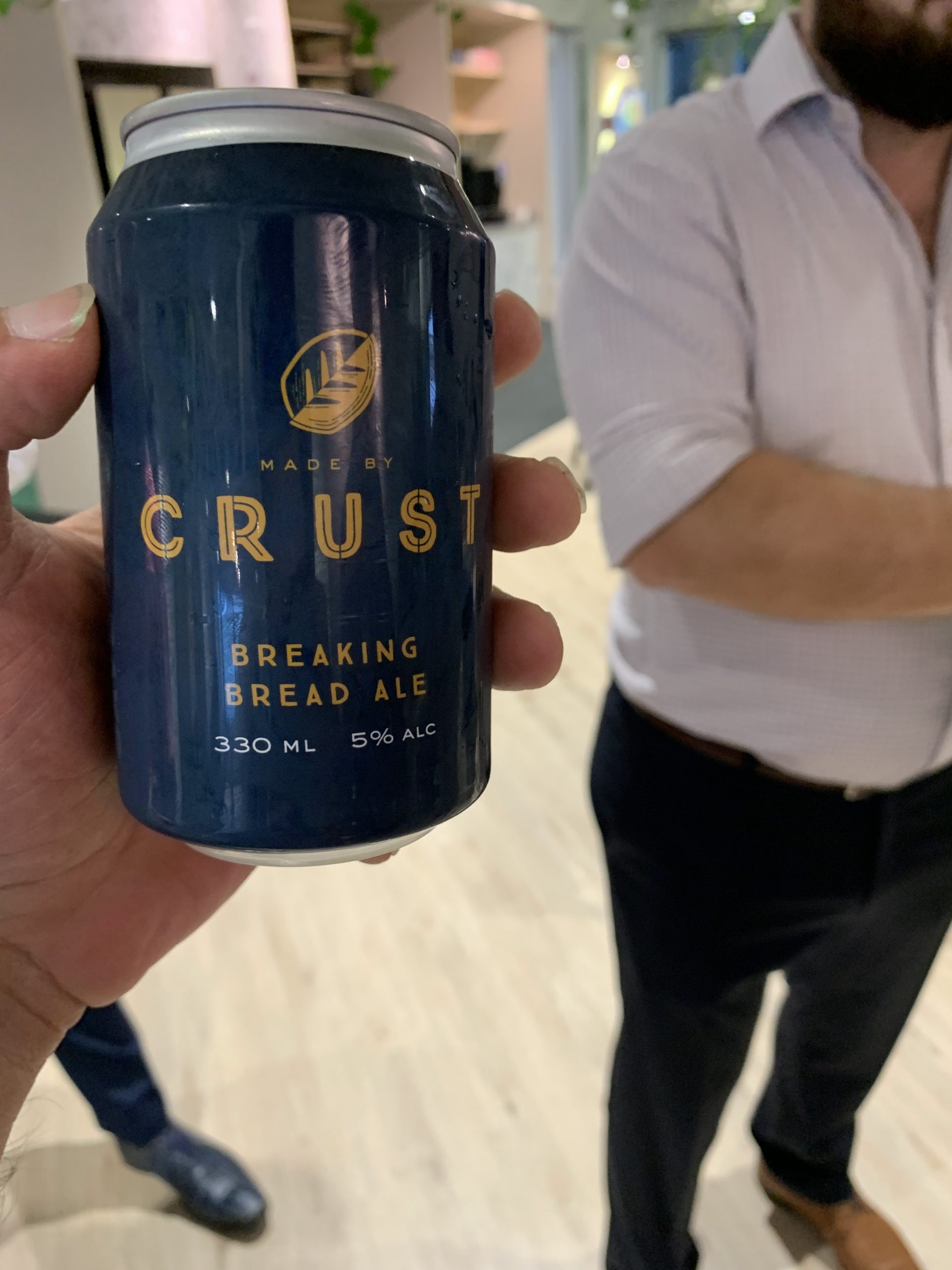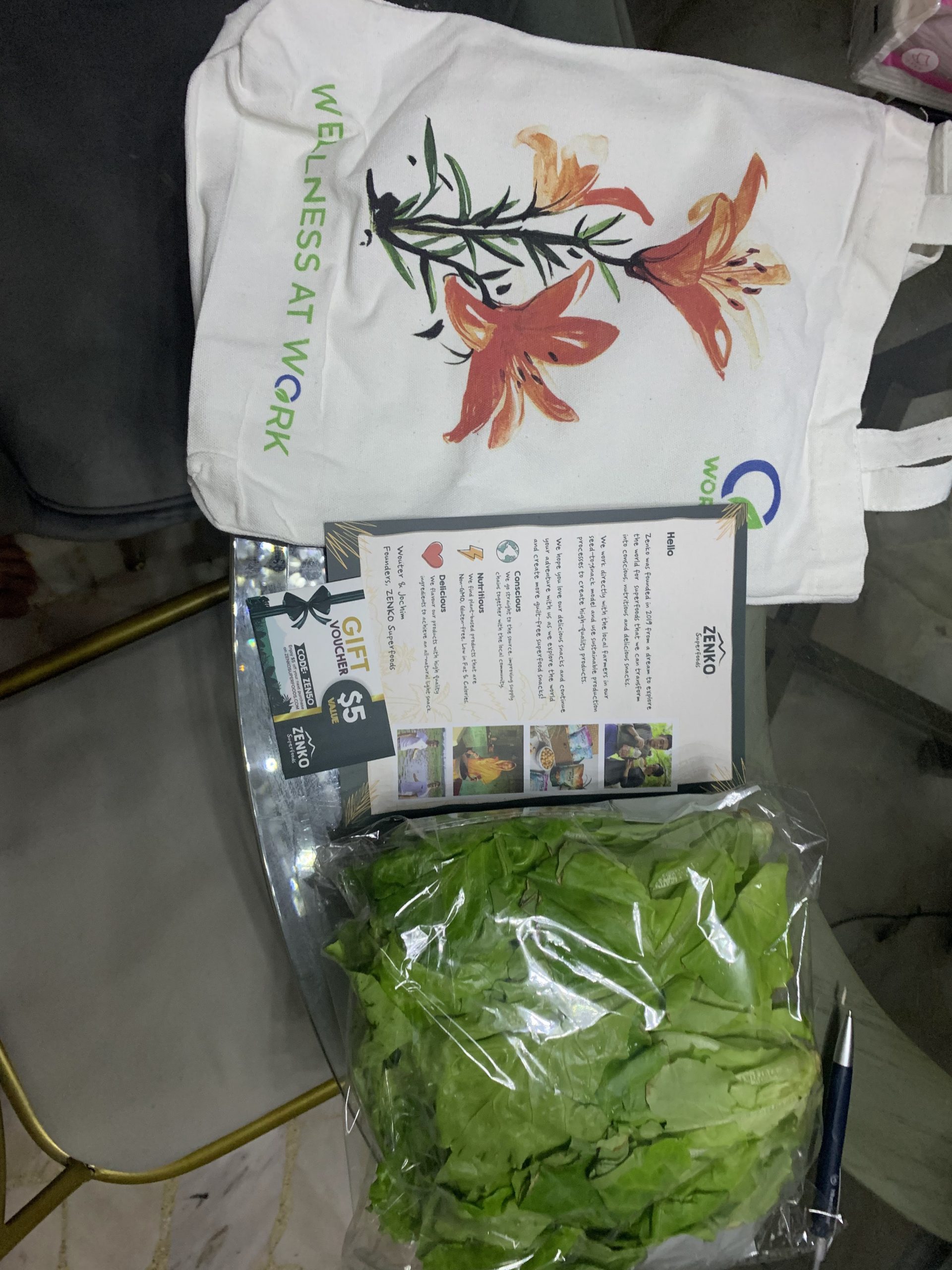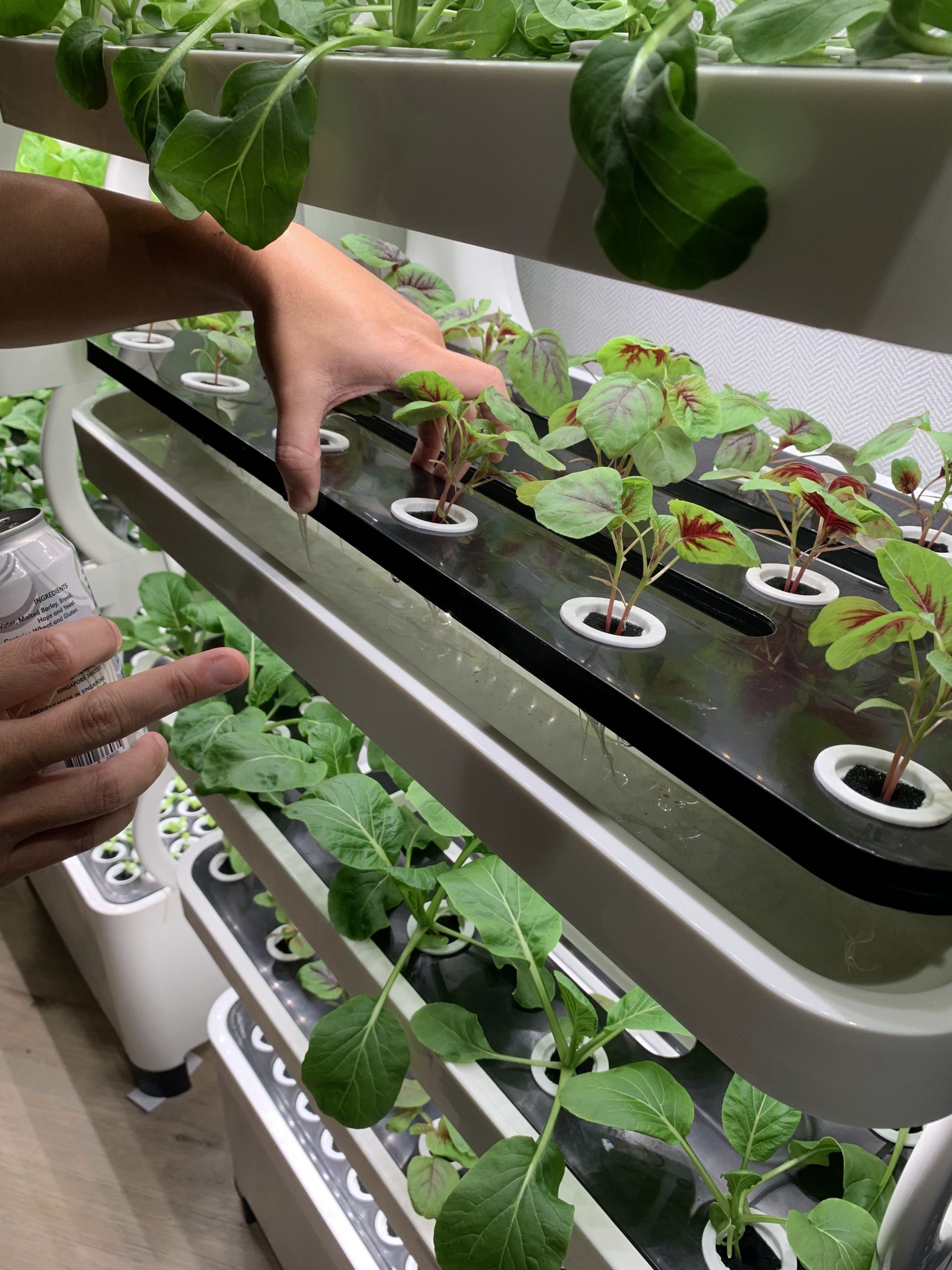Opinion Piece by Tang Li
One of the advantages that China brings to the table is its huge manpower resources. However, the Chinese have moved beyond utilising their vast pool of manpower to work cheaper than anyone else. China is investing in things like Artificial Intelligence (AI) and companies like the Shenzhen listed BeyondSoft is developing software to change the way we work.
Something similar with China — There’s the example of MarvelTec, which was founded as part of Deutsche Telekom by Mainland Chinese and subsequently spun off. Has there been a similar story by Singaporeans?
Sure, much of the innovative drive will still be focused around Silicon Valley. However, we cannot ignore the stuff coming out of China. A small, vulnerable nation like Singapore cannot afford to get involved in the “with us or against us” situation when it comes to technology suppliers. We also cannot afford to fall into the trap that people coming out of developed Asia are only hired because they are cheap.
When people talked about inferior Indian labour, I’ve always made the point that I can name at least two IIM graduates who have run multinationals (Ajay Banga of MasterCard and Indra Nooyi of PepsiCo) while I can’t name a Singaporean who has made it of a multinational.
Last Wednesday (4 May 2022), I went to an event that was co-organised by the Belgium-Luxemburg Chamber of Commerce, the Irish Chamber of Commerce and the Finnish Business Council. This was the first cross-chamber live event since the pandemic and took place in an environment with looser Covid restrictions.
This was an event that was aimed at European technology companies to be able to network in the Asian market and since it was an event organised by three European Chambers of Commerce, they saw to it that the cheese was excellent.
Being at a networking event was great fun. However, what made this event particularly interesting was the fact that the major theme of the event was sustainability. The main sponsor of the event is a hydroponic farm, and the major component in the goodie bags was salads from the hydroponic farm. The beverage sponsor (probably the key to the success of such events) is a company that makes beer and fruit-flavoured water out of bread and fruit peels.

The second observation was the fact that there was a large contingent of Mainland Chinese and the two of the companies that didn’t happen to have a Mainland Chinese representative, were in fact from the People’s Republic and listed on Chinese Exchanges (China Telecom and Beyondsoft).
These two observations do provide an optimistic glimpse into the way the world is heading. The focus on sustainability and looking after the environment has become ever more important as countries around the world feel the effects of environmental degradation. Contrary to what the Tucker Carlson wing of the Republican Party may tell you, there are plenty of anecdotal examples of environmental degradation screwing up life for people.
Here, in South East Asia, or specifically Singapore, Malaysia, and Indonesia there’s the annual haze, which sends our lung ailments to the roof as the three countries get covered in a “smog-like haze” which is the result of burning tropical forest. Despite the obvious damage to people in three countries, nothing gets done because the palm oil industry is a major economic player.
Sure, we had a two-year break from the haze thanks to Covid and now that we’re celebrating the return of “normal,” we need to remember that the haze was part of “normal.”
Luckily, South East Asian governments have stopped framing ecological concern as a Western luxury (you either have a good environment or a growing economy) and to its credit, the Singapore government has pushed for the development of “Green tech” and sustainable solutions (which was one of the themes of ideasinc 2020, an annual start-up contest sponsored by NTUitive, part of Nanyang Technological University in Singapore).
So, it’s good to see “home-grown” companies like Crust Group and Singrass work on solutions to extend the life of food and to grow food in the most space, energy, and water efficient ways.

The Chief Development Officer of Singrass admitted that the business is currently surviving on government money. Food grown on hydroponic farms cannot compete in price with the food we import from Malaysia, which is grown on traditional farms.
However, this is one case where it’s justified for governments to subsidise industries in as much as you are helping new technologies that will feed people without killing the environment and in turn killing people.

The second observation on the number of Chinese people at the function was also interesting, especially when you consider how the Chinese from the People’s Republic is viewed in Singapore and Hong Kong. If you talk to enough people in Singapore and Hong Kong, you’ll find that they think that they’ve got one up on the Chinese.
Let’s face it, Singapore and to a similar extent, Hong Kong, get held up as an example of everything a modern city state should be. The two Chinese majority city-states are rich trading nations that seem to get along with everyone. Unlike the larger People’s Republic, nobody thinks of them as geopolitical competition. People in Singapore and Hong Kong speak English, the international business language, and everyone thinks of them as being filled with relatively classy people – or at least not “vulgar” unlike today’s modern Mainland millionaires.
Unlike the other Asian giants, India, China has not produced CEOs of large Western multinationals. Hence, despite the progress made by the People’s Republic in the last half century, you’re bound to find a few Westerners who sniff at the economic gains that have been made as being based on cheap manufacturing, theft of intellectual property and bullying multinationals. Furthermore, China is bound to be thought of as the bogeyman that gave us Covid.
This is not to say that there isn’t any truth to these accusations. People who have rushed into China have been burnt, and even China’s homemade millionaires have faced problems dealing with China’s government. We also cannot deny that China is a regional bully in the South China Sea and does awful things to minorities like Tibetans and Uighurs.
Having said that, it would be wrong to write off China as merely a land of cheap manufacturing. Whilst China has not produced Silicon Valley CEOs in the way that India has, it has produced “Unicorns” in the technology sphere. The Chinese are producing firms in futuristic competitive stuff like “Artificial Intelligence.”
They are aware that geopolitical issues with the USA and Australia could be problematic, but their world view is not limited to what the Anglo-sphere dictates it should be. They realise that the UK is not the sum of Europe and have been happy to work with the likes of the Belgians and Germans.
The company that comes to mind as an example of this is MarvelTec Limited, which is offering connectivity solutions. The team behind this are Mainland Chinese, who worked for Deutsche Telekom (One of the Co-Founders being a former CEO of Deutsche Telekom‘s Asia-Pacific operation, and he had studied at the University of Cologne).
As with everything, I do understand that there are plenty of rough Chinamen in Singapore. I understand why the “China Girls” have a reputation for being “Gold Digging Whores.” However, you cannot ignore hungry people and if you don’t embrace and work with the smart and dynamic ones, you risk stagnating into a Colonial Slave Fantasy, which never really existed.
A version of this article first appeared at beautifullyincoherent.blogspot.com

